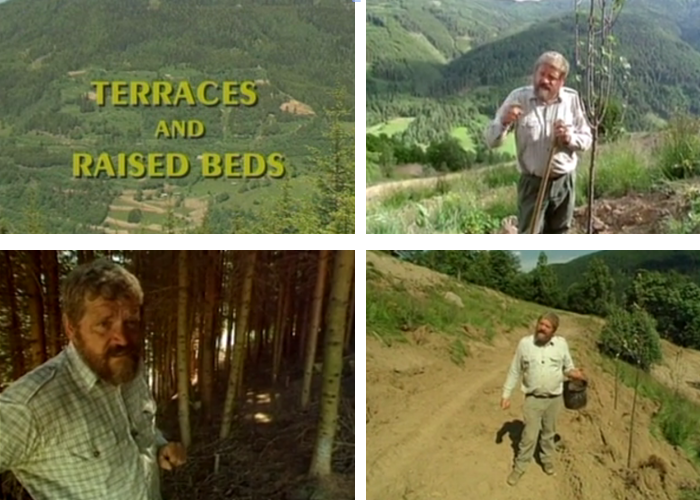
 12
12










 6
6




 1
1




 1
1




 1
1




 1
1




Nicole Alderman wrote:For those that back the kickstarter within the first two days--even at the $1 level--they get a whole host of free goodies (here's the list of all the goodies: https://permies.com/w/earlybird). And, one of the goodies is the first video in this documentary series.
 2
2




 1
1








Ben
Soggysox Farm








Mary Leah McCarthy wrote:Does anyone know if these videos are closed captioned? I want to buy them, but without captions it's an exercise in frustration. Thanks!














Peter Chan wrote:I see there is a DVD option, and a digital option. Are these the most up-to-date videos teaching how to do stuff Sepp Holzer style? If not, where is the most up to date information to be found?
Hooray for Homesteading!








Liam Barlow wrote:Hello,
I noticed on the post that this only has options for digital streaming. Is there a way I can purchase the DVDs? Let me know, thanks!








Saralee Couchoud wrote:Is there a way to download the streaming video? I have lousy service at home so I have to download everything when I'm in town so I watch at home. Thank you










Hooray for Homesteading!




paul wheaton wrote:
Saralee Couchoud wrote:Is there a way to download the streaming video? I have lousy service at home so I have to download everything when I'm in town so I watch at home. Thank you
Nope. Streaming is the only option.

|
Alas, poor Yorick, he knew this tiny ad:
Looking for cold-climate growers to join a GOOF livestream panel (Missoula)
https://permies.com/t/369111/cold-climate-growers-join-GOOF
|








